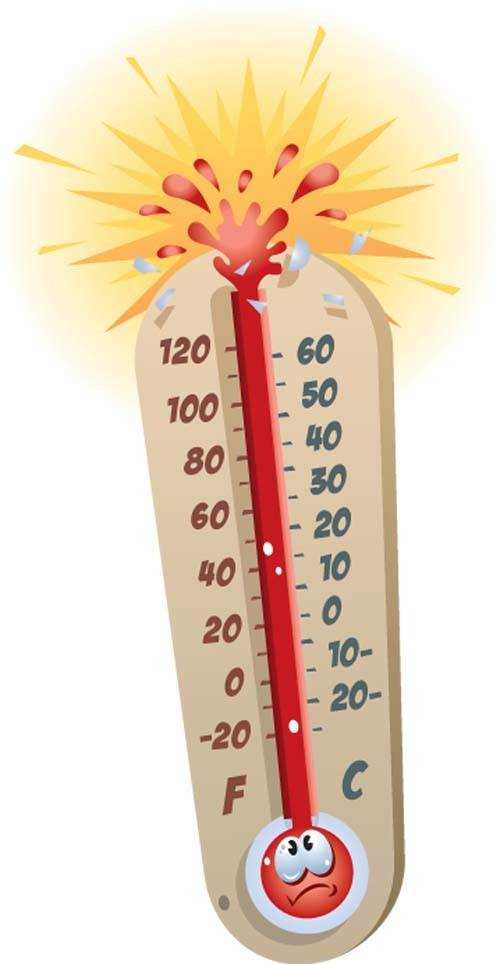Sweltering heat poses danger to health

Like most of the western US, southwest Idaho residents can expect to endure temperatures into the triple digits all through next week, based on forecasts from the National Weather Service, with the extreme heat putting more vulnerable populations like the elderly at risk for heat related illnesses.
The forecast for the Mountain Home area will see temperatures continuing to reach the high 90's and low 100's through the weekend and for the following week.
For certain populations like infants and children up to four years of age and those over age 65, the risk of suffering heat related illness is much more likely as their bodies are unable to cool down as effectively during very hot weather.
Heat-related illness happens when the body's cooling system becomes overloaded and the normal method of sweating to lower body temperature isn't effective.
Those people suffering from old age, obesity, heart disease, mental illness, and poor circulation or using prescription drugs or alcohol, and children (0-4 years of age) are most at risk for being unable to regulate body temperature and experiencing heat stroke, according to information provided by the Centers for Disease Control and Prevention.
Heat stroke is the most serious heat-related illness and can cause death or permanent disability if left untreated.
Some warning signs of heat stroke include:
*Very high body temperature (over 103 degrees)
*Red, hot, and dry skin (no sweating)
*Rapid, strong pulse
*Throbbing headache
*Dizziness
*Nausea
*Confusion
*Unconsciousness
If any of these warning signs are observed, call for immediate medical assistance begin to start cooling the victim using the following methods:
*Try to get the victim out of the direct sun
*Cool the victim rapidly by immersing in cool water, giving them a cool shower or wrapping victim in a cool, wet sheet
*Monitor body temperature and continue cooling until temperature drops to 101-102 degrees
*Do not give the victim alcohol to drink
*If emergency assistance is delayed, call the hospital emergency room for further instructions.
Drinking plenty of fluids, wearing appropriate clothing, and staying in an air conditioned environment are the best methods for preventing heat-related illnesses.
